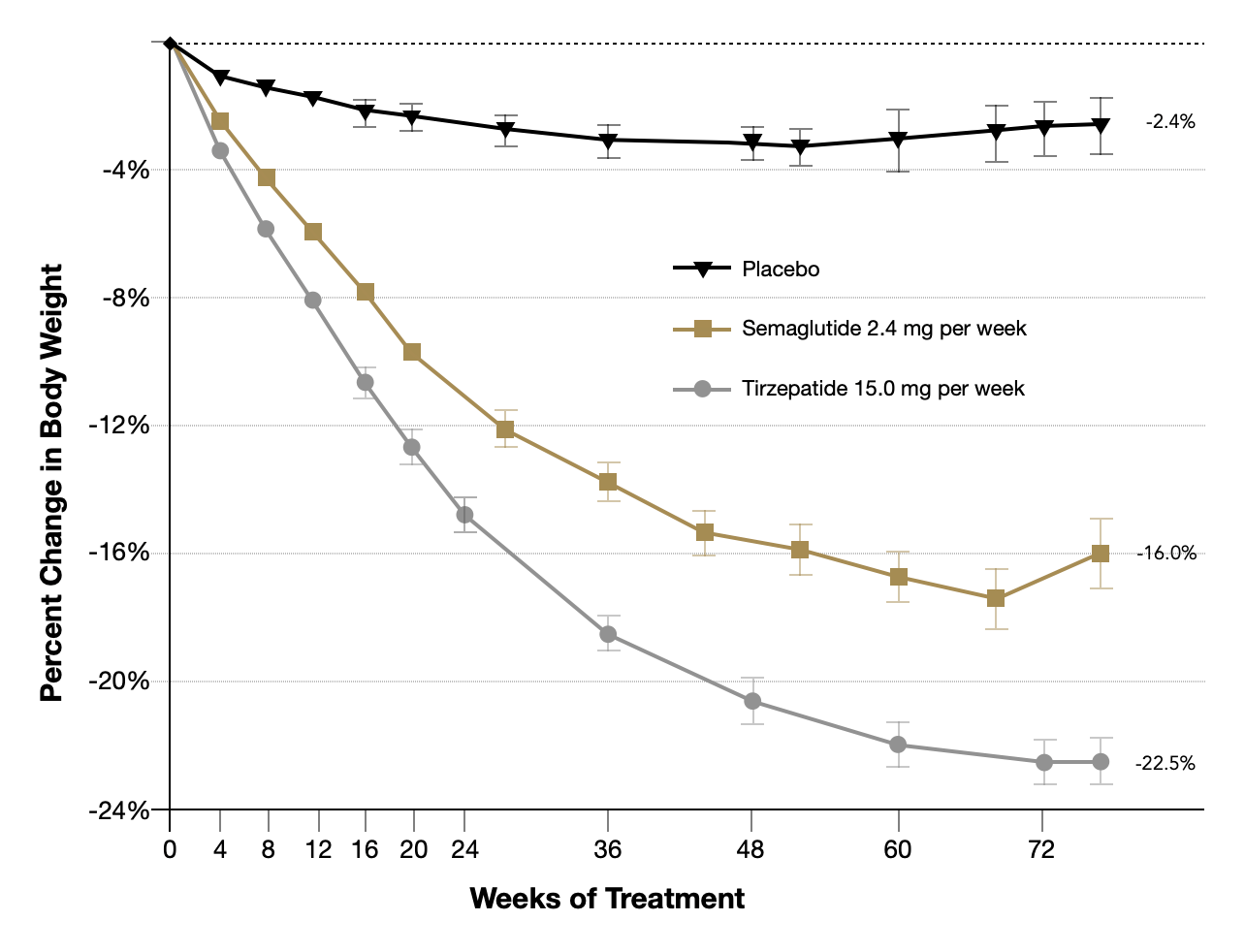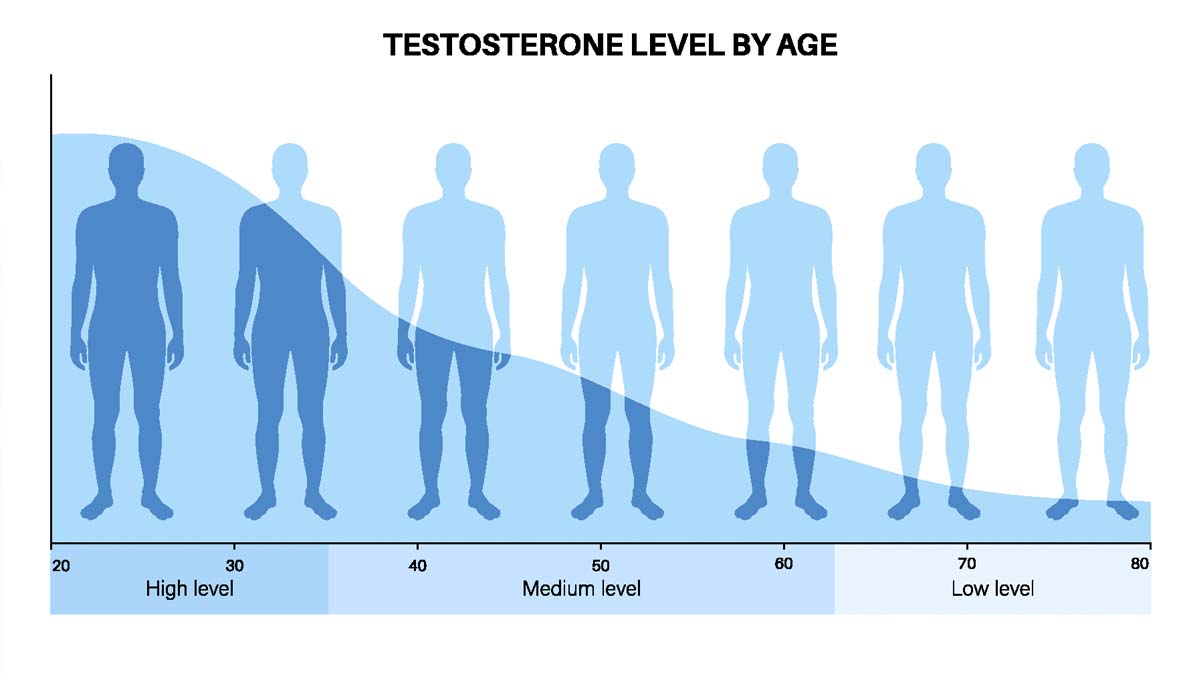TURBOCHARGE YOUR RESULTS with RECESS RX!

Recess Fitness Club is proud to partner with board-certified physician Dr. Ian Justl Ellis to bring you incredibly effective, prescription-only tools to amplify the results you are getting in the gym, including:
- GLP-1 Weight Loss Medications
- Testosterone Replacement
- Comprehensive Lab Testing
- 24/7 Physician Access
Click here to schedule a consultation with Dr. Justl Ellis!
GLP-1 WEIGHT LOSS meds


Did you know an average patient on GLP-1 weight loss medication loses 16%-22.5% of their body weight?
Every Recess member receives a free 30-minute consult with Dr. Justl Ellis to discuss whether GLP-1 treatment is right for you.
Need more info? Click here to read our F.A.Q. about GLP-1 agonist treatment or click below to schedule a consult.
TESTOSTERONE THERAPY


Do you suffer from low libido and energy, depression, or low muscle mass and excess body fat?
Recess members can schedule a low-cost 45-minute consult with Dr. Justl Ellis to check your “T” and discuss treatment eligibility.
Need more info? Click here to read our F.A.Q. about testosterone therapy or click below to schedule a consult.

Meet the doc!
Dr. Ian Justl Ellis is a board-certified physician with a doctorate from the University of Colorado School of Medicine. He has also completed a residency in Emergency Medicine and is fellowship-trained in Medical Education. He graduated summa cum laude with an undergraduate major in Athletic Training.
Dr. Justl Ellis is a Personal Fitness Instructor and nutrition expert certified by the International Fitness Professionals Association and has helped clients of all ages and fitness levels achieve their goals since early in his college career.
Have questions? Dr. Justl Ellis may be contacted directly via text message at (817) 583-8542 or via email at md@recessrx.com.
GLP-1 Medication FAQ

Patients taking semaglutide lose an average of 16% of their body weight, and patients taking tirzepatide lose an average of 22.5% of their body weight, compared to just 2.4% weight lost in the placebo group. Jastreboff, A.M. et al. Tirzepatide once weekly for the treatment of obesity. NEJM 2022 and Garvey, W.T. et al. Two-year effects of semaglutide in adults with overweight or obesity; Nat Med 2022
testosterone replacement FAQ

Total testosterone levels fall at an average of ~2% per year beginning around 40. Twenty percent of men aged over 60 have total testosterone levels below the normal range and the figure rises to 50% in those aged over 80. Stanworth, R.D. et al. Testosterone for the aging male: current evidence and recommended practice; Clin Interv Aging 2008


